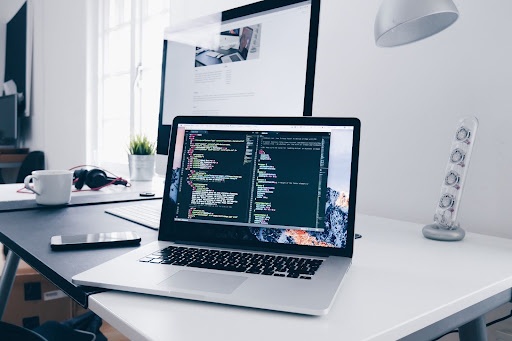How to Solve External Hard Drive Slowing Down Computer Issue
Encountering computer performance issues means that you need to solve them, particularly if you rely on your device for work or studies. Even small hiccups can be frustrating enough to disrupt your workflow.
There are also instances when a computer decides to stop running properly. For instance, you might have a Mac hanging up and showing you a spinning wheel on the screen, making infinite loops. And what about the infamous Blue Screen of Death on MS Windows?
Technical and tricky issues related to software or hardware are not that easy to solve without the necessary knowledge. That is why it might be better to get in touch with a computer technician who can help you out.
At the same time, there are instances when troubleshooting a problem on your computer is not that difficult once you figure it out. Connecting third-party peripherals are a great example.
Overall, computer accessories should be compatible with the device and not cause issues. Nevertheless, you might find yourself mounting an external hard drive because you want to use it for data backup or to free up the computer’s storage, only to realize that adding a third-party peripheral has significantly slowed down your computer’s performance.
How to approach the problem of an external hard drive slowing down computer speed to the point where it becomes almost impossible to use the device? The obvious answer is to dismount the accessory and stop using it.
Unfortunately, that leaves you with a problem from before—needing to back up data or free up the computer’s storage.
Thankfully, there are alternative solutions that you can explore. We will start with data backups.

Backing Up Your Data
Regardless of what computer you use, you do not need to rely solely on external storage accessories to back up data. No, instead, stick to cloud services.
Platforms like Dropbox and iCloud offer users a few gigabytes of storage for free. Of course, that is unlikely to be enough to accommodate your needs, which calls for upgrading the account by paying a monthly fee for additional storage. You can expand the total amount to as much as a few terabytes.
Clouds are also great because you can use them as platforms to exchange files between different devices. Sync your cloud account not just with your computer but also with your tablet or smartphone.
Solving Storage Issues
While an external hard drive can be of great use when solving storage issues, you can take a different approach and explore other options. The already mentioned cloud platforms offer a great alternative, but you can also check these suggestions to free up more space on your computer:
- Delete Redundant Data
For starters, make sure that you get rid of files you no longer need. Duplicates, app localization files, old downloads, media, and temporary system junk should be removed permanently so long as this data is useless.
- Scan for Malware
The odds are small, but it is still possible that you might have a malware issue on your computer. Sometimes, malicious cybersecurity threats corrupt data and increase the file size. In other times, a virus itself finds its way into the computer’s drive and begins to slowly consume the space.
Use reliable antivirus software to thoroughly check the computer’s system. If the scan uncovers potential threats, make sure that those threats are eliminated.
Lastly, as a rule of thumb, you want to have antivirus software running in the background all the time so that it functions as a safety net, scanning the computer and detecting threats before they corrupt the device.
- Stick to Streaming Platforms
The convenience of using Spotify, Netflix, Hulu, HBO, and other streaming platforms outweighs some people’s preference to hoard large media files on the computer. Ultimately, these services are not really associated with storage issues, but you cannot underestimate how even a single HD movie can take up so much space on the computer’s drive.
Sure, you might need to pay a monthly fee to subscribe to streaming services, but combining the convenience factor with the potential storage issues on your computer ought to be enough to convince you to change your stance.
These days, streaming platforms try their best to create original content and persuade even more people to join their platforms. The competition is fierce, but consumers benefit from it because they have more options to choose from.
Conclusion
As you can see, the problem of an external hard drive slowing down computer speed is not as annoying as you might have thought. You can approach the problem and solve it without ever needing to rely on an external hard drive again. Apply the information you got after reading this article, and you should be good to go.